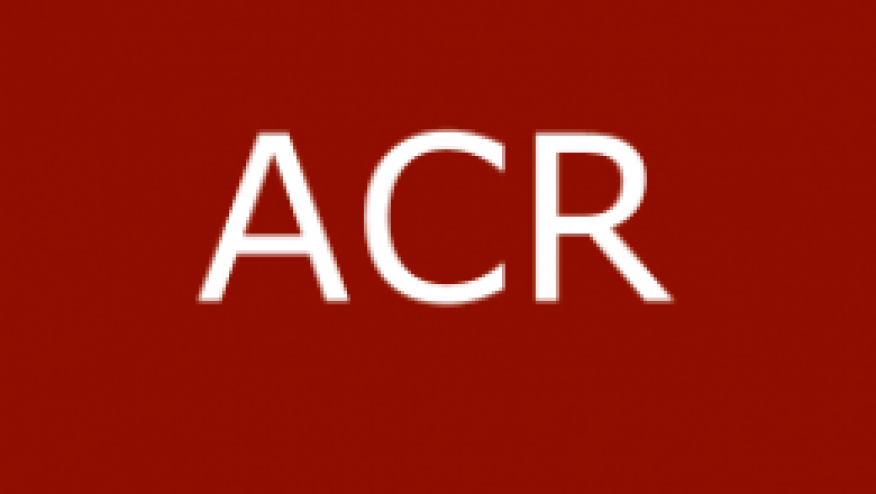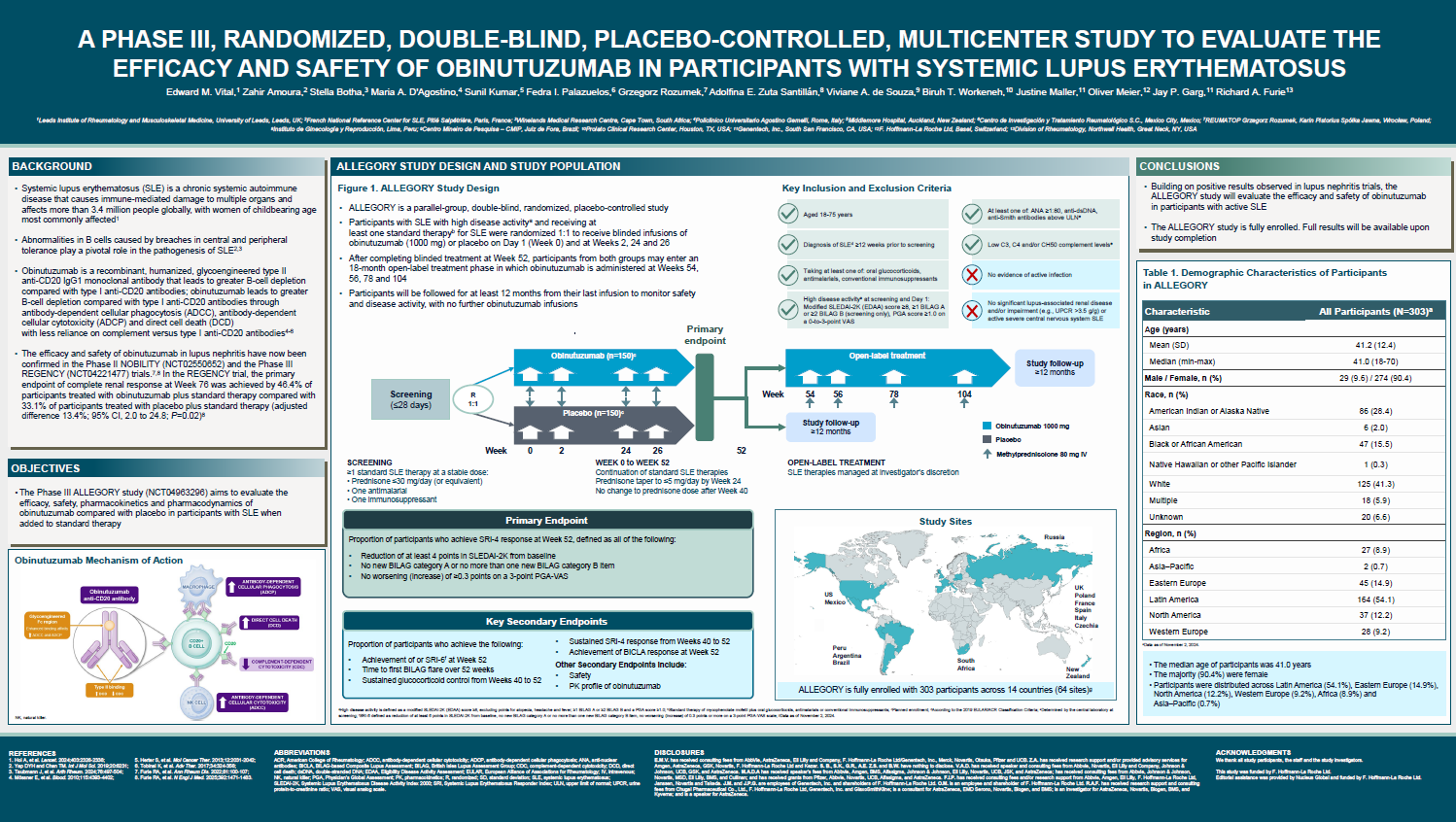ACR Outlines Best Practices for Kids With MIS-C Save

Multisystem inflammatory syndrome in children (MIS-C) associated with COVID-19 infection has both similarities and differences with Kawasaki disease, and requires distinct clinical management, according to draft guidance from the American College of Rheumatology (ACR).
Age, symptoms, presentation, and certain cardiac manifestations differ from Kawasaki disease in many respects, and clinical management of disease requires regular EKGs and low-dose aspirin for anti-blood clotting therapy. Moreover, patients with more severe symptoms may be recommended for immunotherapy.
These recommendations were developed by an ACR task force -- individual members were not identified -- and published in a draft document on the ACR website.
A full manuscript has been submitted and is pending peer review, the document said.
"Notably, the Task Force did not attempt to create a case definition of MIS-C because several already exist," the authors wrote. "Instead, the Task Force focused on consensus building to identify the most appropriate diagnostic and therapeutic steps that providers should consider at the present time."
Within the document, both similarities and differences in MIS-C versus Kawasaki disease were noted. Overlapping clinical features include conjunctival injection, oropharyngeal findings (red and/or cracked lips, strawberry tongue), rash, swollen and/or erythematous hands and feet, and cervical lymphadenopathy.
However, children with MIS-C encompass a broader age range; have more prominent gastrointestinal and neurologic symptoms; present more frequently in shock; and are more likely to display cardiac dysfunction, such as arrhythmias and ventricular dysfunction, versus children with Kawasaki disease.
In addition, incidence of MIS-C is higher in patients of African, Afro-Caribbean, and possibly Hispanic descent, relative to whites, while lower in patients of East-Asian descent. At presentation, patients with MIS-C present with lower platelet counts, lower absolute lymphocyte counts, and higher C-reactive protein (CRP) levels versus patients with Kawasaki disease.
Moreover, it is unknown whether the incidence of coronary artery aneurysms is different in MIS-C versus Kawasaki patients, although MIS-C patients initially without features of Kawasaki disease can develop them later.
In addition, MIS-C appears more common in patients of African, Afro-Caribbean, and possibly Hispanic descent, with a lower incidence in patients of East-Asian descent, and lower platelet counts, lower absolute lymphocyte counts, and higher C-reactive protein (CRP) levels in patients with MIS-C.
It is unknown whether -- if the incidence of coronary artery aneurysms is different -- MIS-C patients without features of Kawasaki disease can develop them.
Cardiac management of the disease in children should include EKGs at a minimum of every 48 hours while patients are hospitalized and during follow-up.
The task force also recommended no more than 81 mg of low-dose aspirin daily for anti-blood clotting therapy for patients with either MIS-C or Kawasaki disease-like features, as well as a high platelet count (defined as more than 450,000 μL). The treatment should be continued until normalization of platelet count and confirmed normal coronary arteries at more than 4 weeks after diagnosis. However, treatment with aspirin should be avoided in patients with a platelet count of or less than 80,000 μL.
Children with severe COVID-19 symptoms may be recommended for immunotherapy, potentially with glucocorticoids for hyperinflammation. In addition to acute respiratory distress syndrome and shock/cardiac dysfunction, other markers include:
- Elevated lactate dehydrogenase enzyme
- D-dimer
- IL-6, IL-2R, and/or ferritin
- Depressed lymphocyte count, albumin, and/or platelet count
In the absence of randomized trials, or comparative effectiveness studies for immunomodulation in this case, the authors recommend anakinra (Kineret) as first-line immunomodulatory therapy for children with COVID-19 and hyperinflammation. Tocilizumab (Actemra) "may be effective" at reducing mortality and ICU admission for patients with severe COVID-19 pneumonia and signs of hyperinflammation compared to standard care, though the task force noted a higher risk of bacterial infections.
However, "there is insufficient evidence to support the use of other immunomodulatory agents unless glucocorticoids, IL-1 blocking, and/or IL-6 blocking therapies are contraindicated or have failed," the group wrote.
Source Reference: "Clinical Guidance for Pediatric Patients with Multisystem Inflammatory Syndrome in Children (MIS-C) Associated with SARS-CoV-2 and Hyperinflammation in COVID-19" 2020.












If you are a health practitioner, you may Login/Register to comment.
Due to the nature of these comment forums, only health practitioners are allowed to comment at this time.